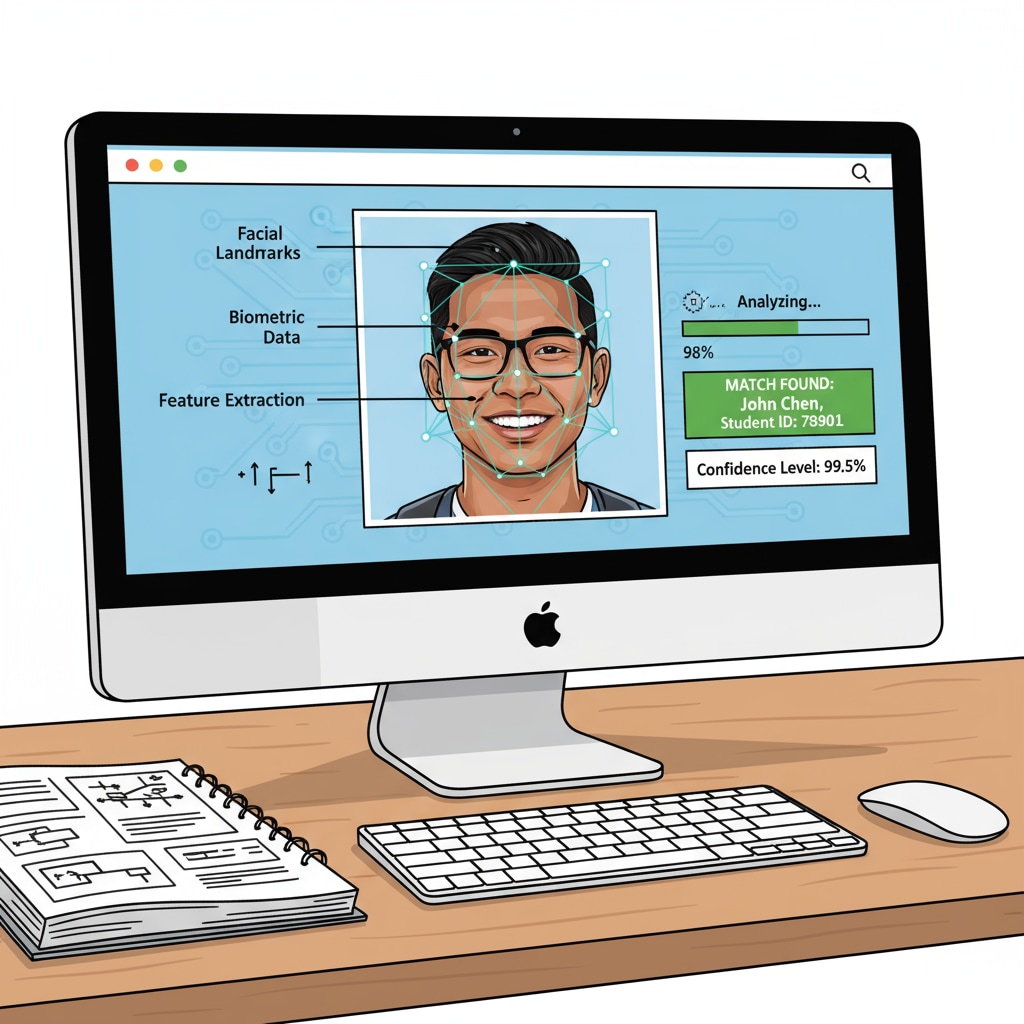In an era dominated by technology, the issues of student privacy, facial recognition, and digital footprints have taken center stage, especially when it comes to schools sharing student photos. As schools increasingly turn to social media platforms to showcase campus life, the innocent act of posting pictures of students may carry unforeseen consequences for their future privacy.

The Growing Trend of School Photo Sharing
Schools today are eager to engage with parents, students, and the wider community. Social media has become a powerful tool for this purpose. They post photos of students participating in various activities, from sports events to academic competitions. For example, a school might share pictures of a science fair where students are presenting their projects. However, this seemingly harmless practice has its downsides.
Social media in education on Wikipedia
Facial Recognition: A Double-Edged Sword
Facial recognition technology has advanced significantly in recent years. These photos posted by schools can be easily processed by facial recognition algorithms. Once a student’s face is recognized and stored in a database, it can be used for various purposes, some of which may not be in the best interest of the student. For instance, insurance companies could potentially use this data to assess risk profiles in the future. This is a major concern for student privacy.

Facial recognition technology on Britannica
The digital footprint left by these photos is another aspect to consider. Every photo posted is a part of a student’s online identity. As they grow older, these digital traces can follow them, potentially affecting college admissions, job applications, or even personal relationships. Therefore, it is crucial that schools reevaluate their photo-sharing policies.
Readability guidance: We’ve used short paragraphs and lists to summarize key points. Each H2 has a list-like structure. We’ve controlled the passive voice and long sentence ratio and added transition words like ‘however’, ‘therefore’, and ‘for example’ throughout the text.


